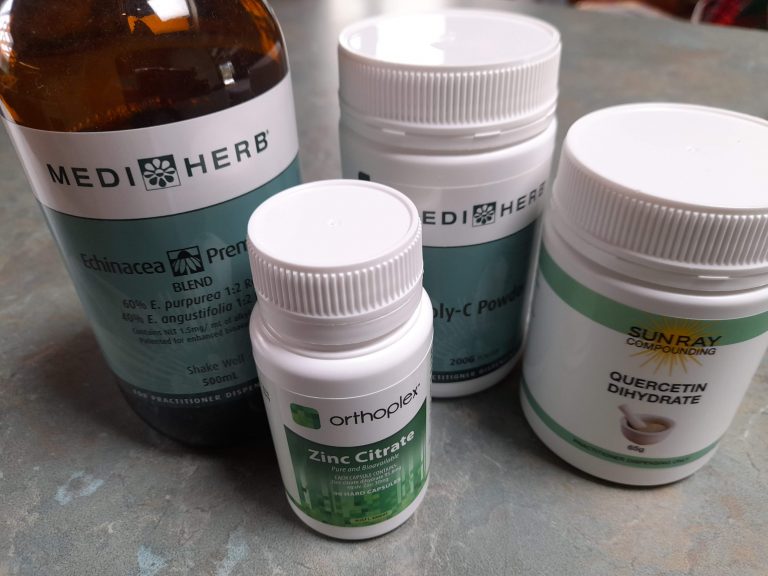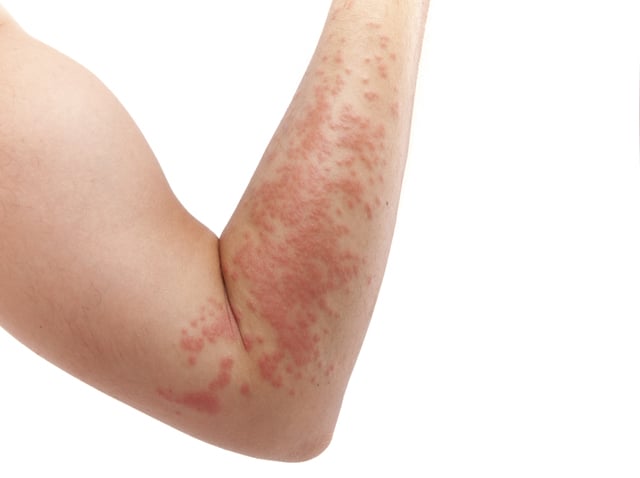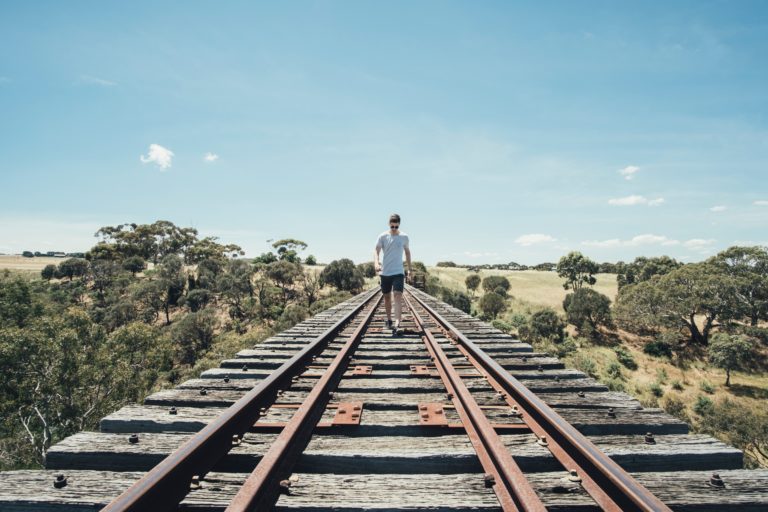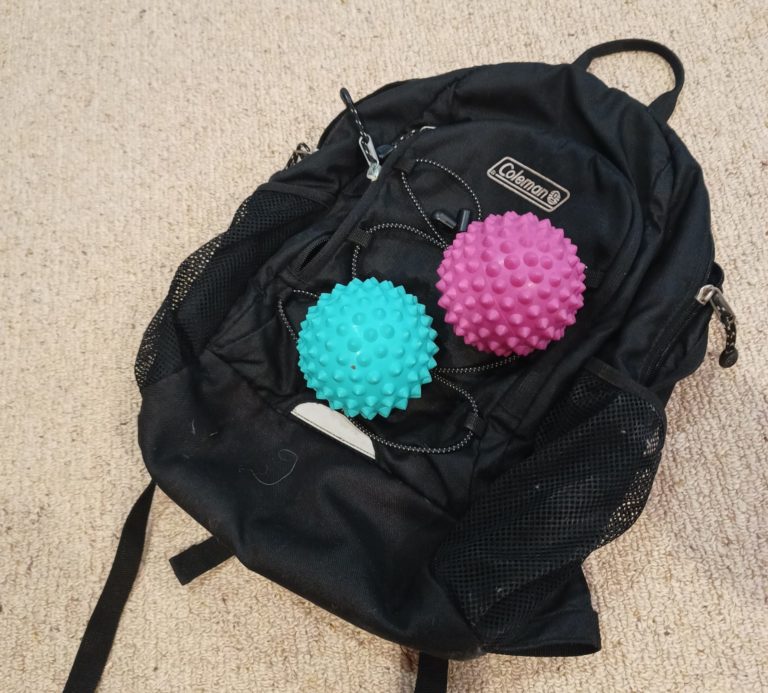No bones about it – osteoporosis kills
Do you know the state of your bones? Is your skeleton fragile or strong?
Osteoporosis is a hidden, silent menace for both men and women – but particularly for women. It doesn’t hurt (unlike arthritis); there are no obvious symptoms – then one day you have a minor fall and your life changes – sometimes forever. Hip fractures are a common cause of residential aged care admissions.
It’s well worth finding out just how well your bones are ageing – because it could be a whole lot faster than the rest of you. And if you find out early, you can do something about preventing further deterioration – and actually making your bones stronger and denser.
Bones need to be both dense and strong – even quite dense-looking bones can be brittle under certain circumstances.
Are you at risk?
There are many risk factors for osteoporosis, including:
- Early menopause (especially in your early 40’s)
- Low body weight
- A family history of osteoporosis
- Smoking
- Too much alcohol (10-20 drinks / day)
- Prescription medications like corticosteroids for asthma or arthritis etc
- Hormone (low testosterone, oestrogen) or auto-immune disorders (like coeliac disease)
Poor absorption of minerals like calcium and magnesium can be subtle. The silent epidemic of osteoporosis is growing – you feel no pain; there are no obvious symptoms. Then one day out of the blue a small trip causes big damage, with a hip fracture, lower spine or wrist fracture.
More milk ain’t the answer
The best insurance for your independence and quality of life is a combination of good nutrition and effective exercise.
Calcium and Vitamin D are a useful start – but they are only one part of the overall nutrition solution. 13oomg is recommended daily of calcium for women over 50 years and men over 70 years – but it’s surprising how few are getting that amount of calcium (the equivalent of 5 glasses of milk/day).
Other nutrients like magnesium, boron, zinc, silica, Vitamin C, Vitamin K, and amino acids like lysine are part of the strong bone picture as well. So too are the plant nutrients in fresh vegetables – including flavonoids and polyphenols found in leafy greens, legumes and cocoa.
Gut health affects absorption of all nutrients so it’s important to get that part of your body working well too. Likewise, if there’s inflammation in your body, dealing with that will help make sure your bone strength program is working. Just popping tablets without investigating your system could mean that those valuable supplements won’t be taken in by your body.
Strong bones need strength training
Strength training isn’t just for strong muscles – it keeps your bones strong too.
Weight bearing exercise is the other half of the equation. Miriam Nelson wrote “Strong Women, Strong Bones” and has gone on to propose that Strong Women can Change the World.
Find out what’s going on in your body
Postmenopausal women are well advised to have a bone density test, as is anyone with the risk factors listed above – male as well as female. (Osteoporosis kills men too.)
There are some really useful tests that can tell you how well your body is absorbing nutrients. pH is one of these. Your body pH can be measured with either urine, saliva or blood tests. A standard blood test measures “loose” magnesium (in plasma), however a more detailed investigation could show up that stored magnesium is low.
Measure your bone resorption rate. Our bones are constantly growing and the cells in them are turning over (resorbing). Healthy bones grow slowly – if you’re turning over lots of bone cells, then there could be an underlying problem. A urinary telopeptide test is a great test that tells you how well your body is keeping up with keeping your bones strong.
For some, 70 is way too late to start testing. This may be OK for super-healthy types – but if you have risk factors, the sooner you know the more harm you can prevent and reverse.
Men have this too!
Men may not go through menopause, but if you have other risk factors, then some simple precautions will help you stay strong and active.
Talk to your health practitioner about your bones – BEFORE you have to. It will keep you mobile and independent. Live longer and stronger.




